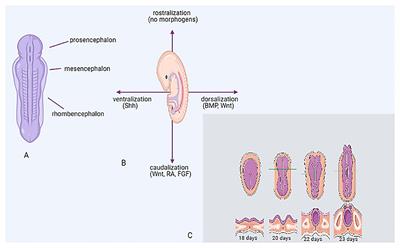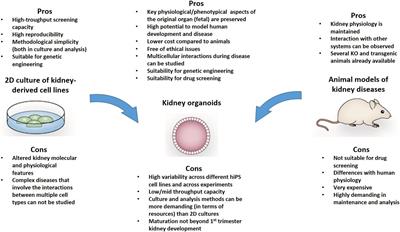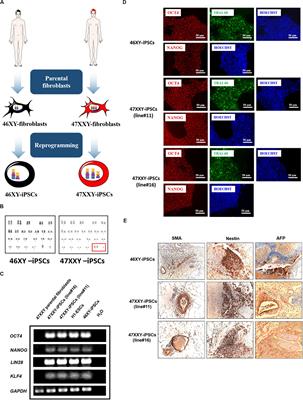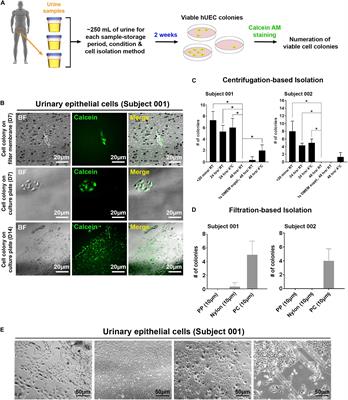REVIEW
Published on 10 Jun 2021
From Brain Organoids to Networking Assembloids: Implications for Neuroendocrinology and Stress Medicine

doi 10.3389/fphys.2021.621970
- 13,117 views
- 28 citations
42k
Total downloads
179k
Total views and downloads
REVIEW
Published on 10 Jun 2021

REVIEW
Published on 10 May 2021

ORIGINAL RESEARCH
Published on 06 Jan 2021

REVIEW
Published on 04 Nov 2020

MINI REVIEW
Published on 12 Oct 2020

BRIEF RESEARCH REPORT
Published on 07 Oct 2020

ORIGINAL RESEARCH
Published on 02 Jul 2020

OPINION
Published on 04 Jun 2020

ORIGINAL RESEARCH
Published on 02 Jun 2020

ORIGINAL RESEARCH
Published on 14 May 2020

REVIEW
Published on 24 Mar 2020

OPINION
Published on 18 Feb 2020

